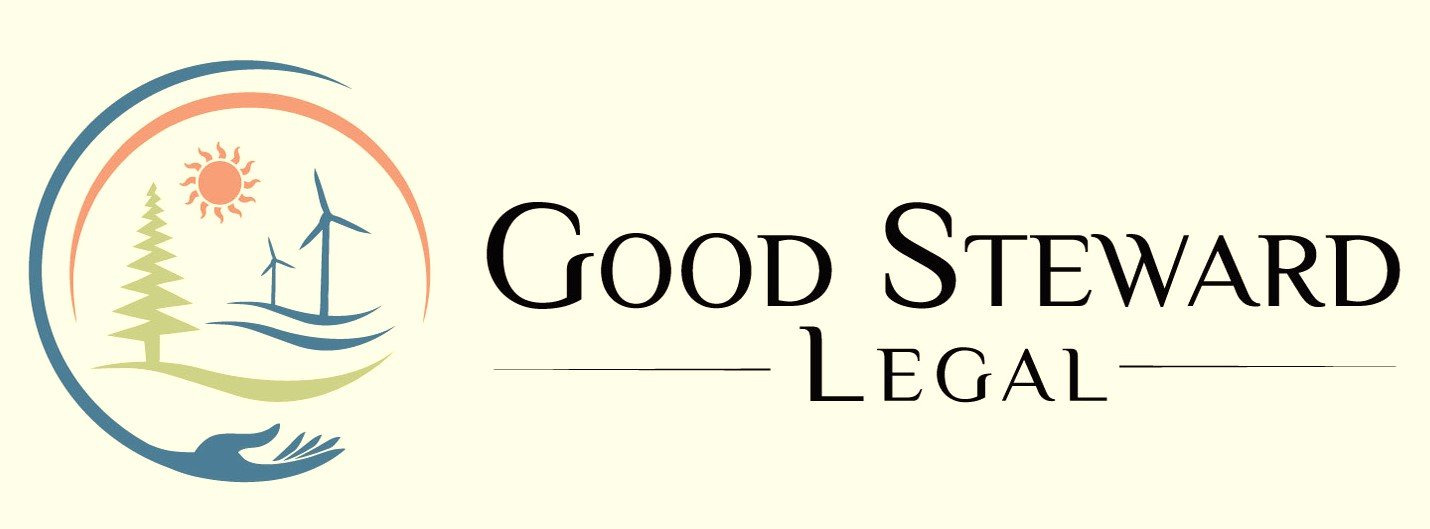FWS to Revisit Regulations on Eagle-Take Permits
On September 14, 2021, the U.S. Fish and Wildlife Service published an advance notice of proposed rulemaking (“Notice”) requesting public comment on ways to expedite and simplify permitting the incidental take of eagles under the Bald and Golden Eagle Protection Act (“Eagle Act”). 86 Fed. Reg. 51,094. Comments are due by October 29, 2021.
The Notice Broadly Seeks Feedback on Improving the Permitting Program
The Service is seeking comments:
Addressing aspects of the current permitting process that hinder permit application, processing, or implementation;
Identifying guidance the Service could develop to reduce time and/or costs associated with applying for and implementing long-term eagle incidental take permits;
Recommending lawful regulatory revisions to improve the permitting framework under the Eagle Act; and
Providing ideas for more efficient regulatory approaches to permitting projects that would have minimal impacts on eagles.
The Existing Permitting Program Inhibits Renewable Energy Development
Obtaining long-term eagle incidental take permits under the Eagle Act is a cumbersome and uniquely costly process due to, among other things, requirements for third-party monitoring. This poses particular problems for wind energy and transmission projects necessary for addressing climate change.
The Service Is Considering Scrapping Systematic Monitoring and Adopting a General Permit Program
In the Notice, the Service states that it actively is “working on guidance for fatality monitoring at wind-energy facilities, standards for using power-pole retrofits as offsetting mitigation, revised protocols for minimizing disturbance of nesting bald eagles, golden eagle nest-buffer guidance, and reduced or more-streamlined permitting requirements in areas where the risk of take is low.” In addition to these efforts, the Service is considering other methods for reducing costs and streamlining the long-term permitting process, including (1) using pooled funds to monitor only a subset of permitted projects, (2) adopting a general permit framework akin to the U.S. Army Corps of Engineers’ Nationwide Permit Program, and (3) eliminating systematic monitoring altogether.
The Notice also provides that the Service may use the public input received to prepare an environmental review under the National Environmental Policy Act.
A copy of the Notice is available here.
If you have any questions about the Notice, the Eagle Act, or related regulations, please contact Good Steward Legal at insights@goodstewardlegal.com.
Good Steward Legal is a principles-based business law office dedicated to protecting and advancing its clients’ interests by providing them with cost-effective, high-quality legal service.
